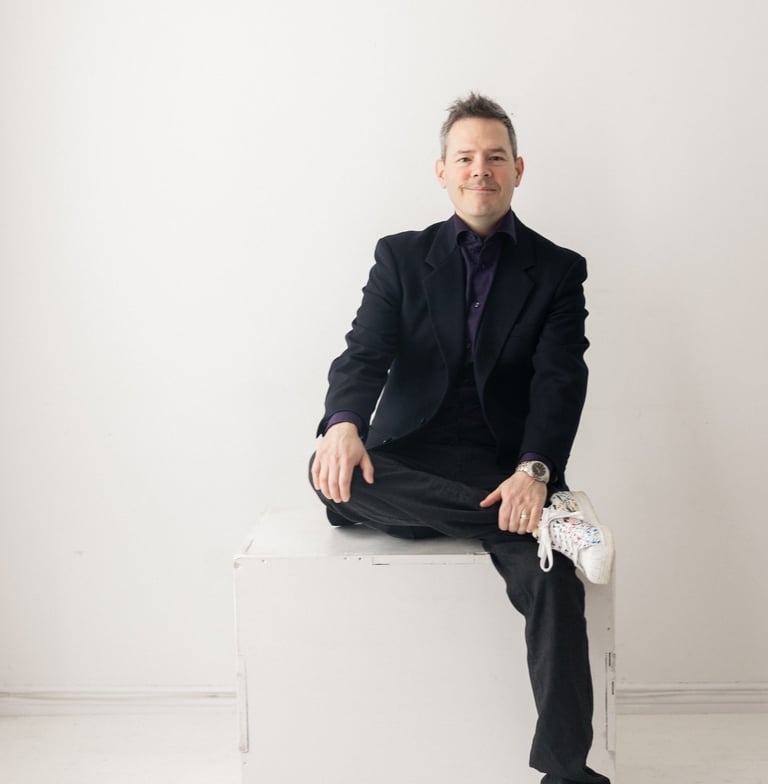
95% of mental process happens outside of conscious awareness.
is the interface with unconscious process.
HYPNOSIS
Some Hypnosis Facts and Busted Myths
Hypnosis is almost as misunderstood as it is effective. Let's put some common myths to bed.
Myth:
"Hypnosis is mind control"
Truth:
Hypnosis IS mind control except it's YOU in control of it. Hypnosis gives you direct access to learnings, parts and resources of your mind that put you in the driver's seat. Your hypnotist just navigates for you.
Myth:
Truth:
"My mind is too strong to be hypnotized"
The stronger the better. During your session you will be asked to concentrate, imagine and remember. The 'stronger' your ability to participate in these things, the more profound your experience will be, although I'm not aware of a quantifiable scale of "mind-strength" anyway.
Myth:
Truth:
"Hypnosis is dangerous and/or may cause psychosis etc."
Hypnosis cannot cause any damage to the brain or mind any more than imagining, remembering, thinking or concentrating could. That said, any pre-existing conditions have equal chance or less of becoming active during hypnosis as they do during normal waking state.
'Conscious'
Within the context of hypnosis, this is the aspect of the mind experiencing the normal waking state of day to day life and accounting for everything of which one is aware.
'Unconscious'
Not to be confused with Jungian unconscious. Within the context of hypnosis, this is the aspect of the mind responsible for absolutely everything that is outside the awareness of the 'conscious' mind. Most recent studies indicate that this accounts for 95% of all mental process. The term 'unconscious' is interchangeable with 'subconscious', but is usually the term preferred by Ericsonian hypnotists.
'Subconscious'
Interchangeable with 'unconscious'. The preferred term in Krasner hypnotherapy.
'Trance'
'Hypnosis'
A natural state of mind utilized in many ways and forms, under other names for thousands of years of human history. The word 'hypnosis' was coined by surgeon Dr. James Braid some time in the early 1800s. The term refers to the nervous system being in a sleep like state.
The state of mind elicited by hypnotic induction. Can be interchangeable with 'hypnosis' when used in context. Conducive to yielding access to the unconscious mind. This term is used often by Ericsonian hypnotists.
I LOVE to talk about hypnosis.
Talk to me for free and start the process of feeling awesome right away!




